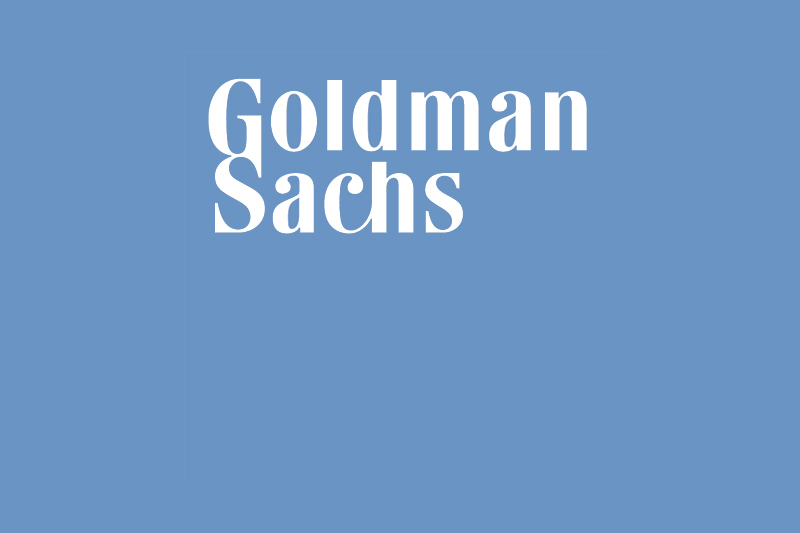This post was originally published on this site
https://i-invdn-com.investing.com/trkd-images/LYNXMPEJ4D086_L.jpg
LONDON (Reuters) -Turkey’s sovereign dollar bonds and equities tumbled, and the cost of insuring exposure to the country’s debt spiked as Turkey’s presidential race heads to a runoff with incumbent Tayyip Erdogan leading his opposition rival.
Turkey’s main banking index slumped by more than 9% as markets gauged potential fallout from a possible continuation of Erdogan’s unorthodox fiscal policies.
The Istanbul bourse was trading more than 6% lower at 1547 GMT, after an early 6.38% drop triggered a market-wide circuit breaker.
The lira stood at 19.67 to the dollar at 1348 GMT, after reaching 19.70 in earlier trading, its weakest since a record low of 19.80 hit in March this year following deadly earthquakes. It was on track for its worst trading session since early November.
Turkey’s election board confirmed a May 28 runoff between Erdogan and opposition rival Kemal Kilicdaroglu after neither candidate secured the 50% threshold to win in Sunday’s election. With most votes counted, Erdogan led with 49.51% of the vote over Kilicdaroglu’s 44.88% share.
In the parliamentary vote, the People’s Alliance including Erdogan’s AKP appeared headed for a majority.
“From the market reaction so far it’s very conclusive that the market is expecting Erdogan to win in the second round and we will get more of the same,” said Dan Wood, portfolio manager of emerging market debt at William Blair.
“You can see on the sovereign bonds, investors really voted with their feet.”
Dollar-denominated sovereign bonds issued by Turkey fell by more than 7 cents, while the five-year Turkey credit default swap spread jumped 132 basis points (bps) to 624 bps, according to S&P Global (NYSE:SPGI) Market Intelligence, the highest since November 2022.
Hard-currency bonds of Turkish lenders also came under pressure. Akbank saw its 2026 bond slip roughly 3 cents on the dollar to trade at around 93 cents, its lowest since November.
The presidential vote will decide not only who leads Turkey and shapes the foreign policy of the NATO-member country of 85 million people, but also how it is governed and how it tackles a deep cost-of-living crisis.
Last week, Turkish stocks and bonds rallied when third-party presidential candidate Muharrem Ince withdrew from the race, boosting expectations of a Kilicdaroglu win.
“Now we are back to square one,” said Emre Akcakmak, senior consultant with East Capital.
“I think if Erdogan is continuing, which is the strong base case, then foreign investors will be on the sidelines,” Akcakmak added.
Richard Briggs, Candriam senior fund manager for emerging market debt, said that an Erdogan win could mean a continuation of economic imbalance, unorthodox monetary policy and costly efforts to prop up the lira.
“If Turkey continues to run large current account deficits, once those flows halt or reverse, pressure on the currency and the economy could be severe without a credible policy framework which is less likely under the existing administration,” Briggs said.
JPMorgan (NYSE:JPM) had forecast that the lira, which has weakened 5% since the start of the year, could reach 24-25 to the dollar. Goldman Sachs (NYSE:GS) calculations showed the market was pricing the lira to weaken by 50% in the next twelve months.
On Monday, lira volatility gauges fell, suggesting it could remain stable in the short term.
“We suspect that policymakers will pull out all the stops needed to ensure stability ahead of the second round run-off,” James Reilly, assistant economist with Capital Economics wrote in a note.
“But we think they will gradually loosen their grip on the lira thereafter, allowing a (relatively) smooth deprecation against the US dollar.”

